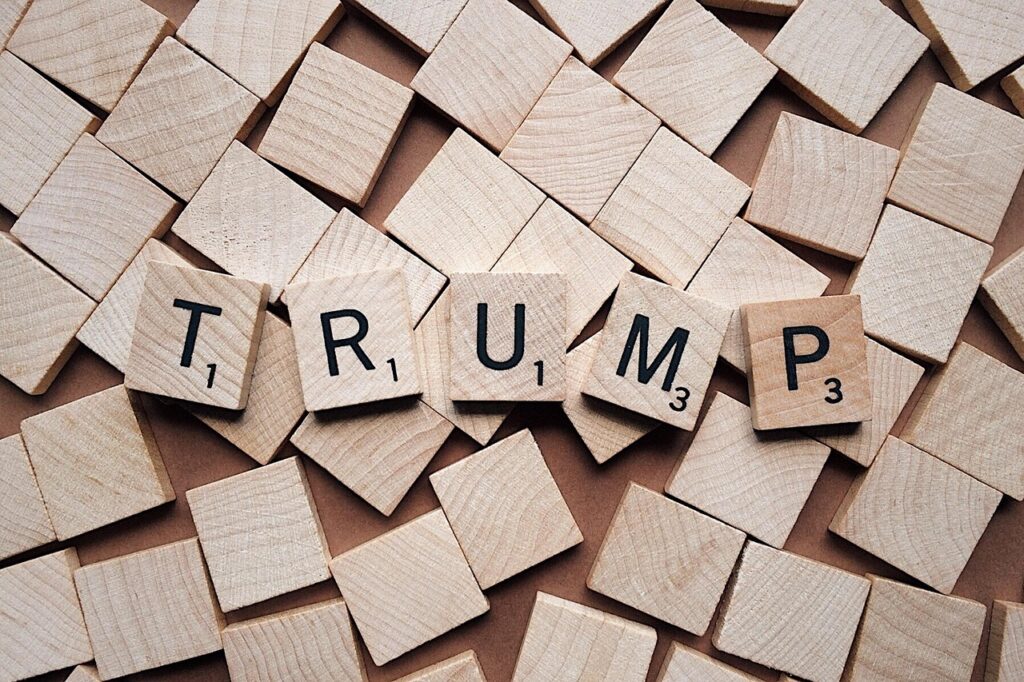Table of Contents
US National Security Concerns Mount Over Chinese AI Startup DeepSeek
The U.S.-China tech standoff seems to be significantly escalating as the subject of the contest is switching to artificial intelligence, which is creating increasingly growing national security worries. These events imply that now we see the U.S. taking a more negative position about the Chinese AI developments, by focusing on DeepSeek’s growth as a major threat, while at the same time looking into whether Nvidia, the American tech giant, might be helping the Chinese with their AI agenda.
DeepSeek Under the Microscope
According to recent reports from The New York Times, the Trump administration is considering implementing penalties that would effectively block DeepSeek’s access to American technology. These measures could potentially extend to banning Americans from using the company’s services altogether.
DeepSeek made headlines in January when it released DeepSeek-V3, an impressively capable open-source chatbot that reportedly cost just $6 million to train – a fraction of what American companies like OpenAI typically spend on similar technology. This remarkable cost efficiency has raised serious concerns in Washington about China’s accelerating AI capabilities.
Allegations of Misconduct
A report published on April 16 by the U.S. Select Committee on the Chinese Communist Party leveled several serious accusations against DeepSeek:
- Covertly channeling American user data to the Chinese Communist Party
- Manipulating information to align with CCP propaganda
- Training its model using material unlawfully obtained from U.S. AI models
Perhaps most concerning is the committee’s claim that DeepSeek may have trained its model using approximately 60,000 Nvidia chips, including 20,000 that were supposedly restricted under U.S. export controls. This raises troubling questions about how American technology might be reaching Chinese developers through unauthorized channels.
Nvidia Facing Increased Scrutiny
The investigation has expanded to include Nvidia, with officials probing whether the American chipmaker may have inadvertently or deliberately supplied DeepSeek with critical hardware in violation of U.S. export restrictions.
Committee Chairman John Moolenaar (R-MI) didn’t mince words: “We now know this tool exploited U.S. AI models and reportedly used advanced Nvidia chips that should never have ended up in CCP hands. That’s why we’re sending a letter to Nvidia to demand answers. American innovation should never be the engine of our adversaries’ ambitions.”
The committee has requested details on every customer in 11 Asian countries who purchased more than 499 AI chips since 2020, particularly focusing on buyers in Singapore and Malaysia, as well as any communications between Nvidia and DeepSeek.
Nvidia has defended its practices, stating: “The technology industry supports America when it exports to well-known companies worldwide — if the government felt otherwise, it would instruct us.” The company emphasized that its reported Singapore revenue only indicates billing addresses, often for subsidiaries of American customers, and that “associated products are shipped to other locations, including the United States and Taiwan, not to China.”
International Regulatory Response
DeepSeek’s rapid rise hasn’t only triggered concerns in the United States. European regulators have also taken notice:
- Italy’s data protection authority ordered the company to block access to its chatbot over privacy concerns
- France, South Korea, and Ireland have initiated their investigations into the firm’s data collection practices
Escalating Trade Tensions
This row takes place against the background of growing trade tensions between China and the U.S. The United States has levied tariffs of as much as 145% on Chinese products and restricted export controls on cutting-edge technologies, especially in AI and semiconductors, in a bid to decelerate Beijing’s technological progress.
China retaliated with its own tariffs against American imports, up to 125%, widening further the economic gap between the two superpowers.
What’s Next?
As DeepSeek continues to face mounting scrutiny, the AI industry finds itself increasingly caught in the crossfire of geopolitical tensions. The outcome of these investigations could have far-reaching implications for international technology transfer, trade relations, and the future development of artificial intelligence.
With both the United States and China pursuing to keep their technological edge and raise a large number of regulatory barriers, the task of the companies in this field to comply with the international laws while exporting the goods is only going to get worse…
DeepSeek did not comment about these events after being asked immediately.


















